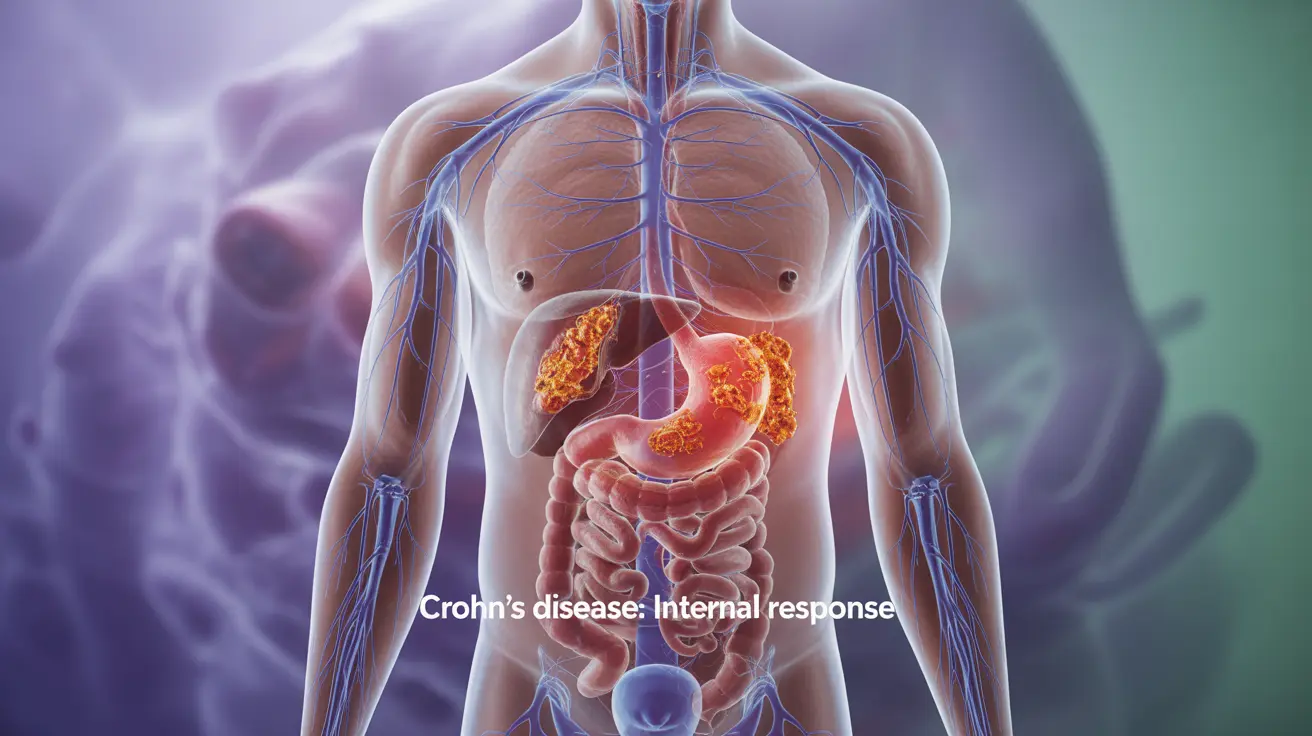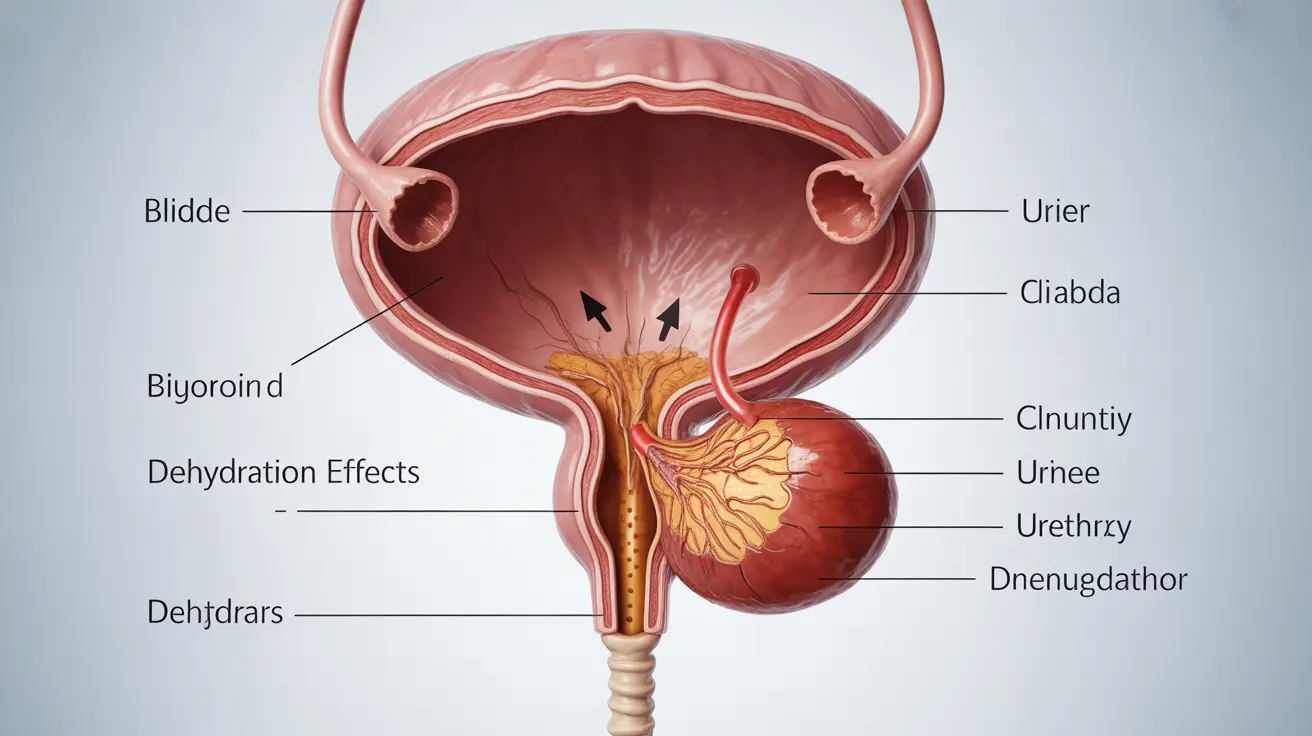Questioning whether you're a bad person is a common human experience that many people grapple with at some point in their lives. These thoughts often arise during periods of self-reflection, after making mistakes, or when facing challenging life circumstances. While such self-questioning can be uncomfortable, it's important to understand that having these thoughts doesn't necessarily mean you are actually a bad person.
In this comprehensive guide, we'll explore the various reasons behind these feelings, examine the difference between genuine guilt and unnecessary self-judgment, and provide practical strategies for developing a healthier self-perception.
Understanding Why We Question Our Character
Self-doubt about one's moral character often stems from several common sources:
- Past mistakes or regrets
- Comparing ourselves to others
- Difficulty meeting personal or societal expectations
- Internalized criticism from others
- Perfectionist tendencies
- Cultural or religious influences
Recognizing these sources can be the first step toward developing a more balanced self-assessment and working through these challenging feelings.
The Difference Between Guilt and Being "Bad"
It's crucial to distinguish between feeling guilty about specific actions and labeling yourself as a fundamentally bad person. Guilt can be a healthy emotion that helps us recognize when we've made mistakes and motivates us to make positive changes. However, global self-judgment as a "bad person" is often unhelpful and inaccurate.
Healthy vs. Unhealthy Guilt
Healthy guilt focuses on specific behaviors and leads to:
- Learning from mistakes
- Making amends when possible
- Personal growth and improvement
- Better future choices
Unhealthy self-judgment typically involves:
- Generalizing specific incidents to your entire character
- Excessive self-punishment
- Inability to forgive yourself
- Persistent negative self-talk
The Impact of Mental Health
Mental health conditions can significantly influence how we perceive ourselves and our actions. Depression, anxiety, and other mental health challenges often distort our self-image and can lead to unrealistic negative self-assessments.
Common Mental Health Influences
Several mental health factors can contribute to feeling like a bad person:
- Depression's negative thought patterns
- Anxiety-driven overthinking
- Low self-esteem
- Past trauma
- Perfectionism
- Imposter syndrome
Developing Self-Compassion
Building self-compassion is essential for overcoming persistent negative self-judgment. This involves treating yourself with the same kindness and understanding you would offer a friend facing similar circumstances.
Practical Steps for Self-Compassion
Consider implementing these strategies:
- Practice mindful self-awareness
- Challenge negative self-talk with evidence
- Acknowledge your humanity and imperfection
- Focus on growth rather than perfection
- Celebrate small victories and progress
- Maintain a gratitude journal
When to Seek Professional Help
If feelings of being a bad person persist or significantly impact your daily life, seeking professional support can be incredibly beneficial. Mental health professionals can help you:
- Develop coping strategies
- Process underlying trauma or experiences
- Challenge distorted thinking patterns
- Build self-esteem
- Learn healthy self-acceptance
Frequently Asked Questions
What are common reasons people feel like they are bad individuals, and how can this feeling be addressed? People often feel this way due to past mistakes, unrealistic expectations, or internalized criticism. Address these feelings by practicing self-compassion, seeking objective evidence of your actions, and focusing on growth rather than perfection.
How does guilt differ from being a "bad person," and what are healthy ways to process guilt? Guilt is a specific response to actions or behaviors, while labeling oneself as "bad" is a global judgment. Process guilt by acknowledging mistakes, making amends when possible, learning from experiences, and moving forward with better choices.
Can mental health conditions like depression or anxiety contribute to feelings of being a "bad person," and how can these be managed? Yes, mental health conditions often distort self-perception. Management strategies include professional therapy, medication when appropriate, mindfulness practices, and challenging negative thought patterns.
What are some effective strategies for practicing self-compassion and improving self-perception? Key strategies include mindful self-awareness, positive self-talk, acknowledging common humanity, setting realistic expectations, and celebrating personal growth and achievements.
When should someone seek professional help if they consistently feel like they are a bad person, and what types of support are available? Seek help if these feelings persist, interfere with daily life, or lead to hopelessness. Support options include individual therapy, group counseling, cognitive behavioral therapy (CBT), and support groups.




